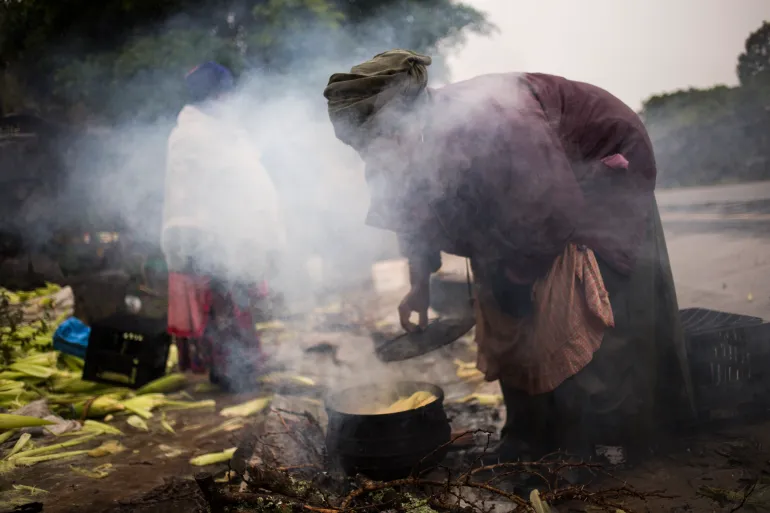Representatives from 50 nations are poised to gather in Paris for an ambitious energy summit aimed at tackling a silent killer lurking in kitchens worldwide. The summit, spearheaded by the International Energy Agency (IEA), seeks to address the dire consequences of traditional cooking methods, particularly in Africa, where millions fall victim to deadly pollutants annually.

According to the IEA, a staggering 2.3 billion individuals across 128 countries are exposed to harmful smoke while cooking over basic stoves or open flames. This hazardous practice leads to the premature deaths of 3.7 million people each year, with children and women bearing the brunt of its impact, as highlighted in a recent report jointly conducted with the African Development Bank (ADB). The dangers extend beyond health, intertwining with broader societal and environmental issues. Laura Cozzi, the IEA’s sustainability and technology director, underscores the multifaceted nature of the problem, emphasizing its implications for gender equality, forestry, climate change, energy, and public health.
The culprits behind these alarming statistics are the fuels used for cooking—wood, charcoal, coal, animal dung, and agricultural waste. Their combustion releases fine particles that infiltrate indoor and outdoor air, contributing to a myriad of respiratory and cardiovascular ailments, including cancer and strokes. Shockingly, these cooking practices rank as the third leading cause of premature deaths globally and the second highest in Africa, exacerbating the continent’s health challenges.
However, hope emerges in the form of clean cooking technologies, such as gas or electric stoves, which promise to mitigate both health risks and environmental degradation. Transitioning to these alternatives could slash 1.5 billion tonnes of carbon dioxide emissions annually by 2030, a feat comparable to the emissions of entire transportation sectors.
Yet, the transition comes at a cost. The ADB aims to mobilize $4 billion to provide clean cooking access for 250 million Africans by the end of the decade. While seemingly substantial, this investment pales in comparison to the trillions poured into the global energy sector annually. Nonetheless, proponents argue that the returns on investment, both in terms of human health and economic savings, are unparalleled.
The economic toll of traditional cooking practices is staggering, with women and girls disproportionately affected. The annual cost of time spent gathering fuel wood alone amounts to $800 billion, while health-related expenditures soar to $1.4 trillion. Dan Wetzel, an IEA expert, underscores the unparalleled impact of investing in clean cooking solutions, labeling it as a high-yield intervention with far-reaching benefits for health, emissions reduction, and socioeconomic development





